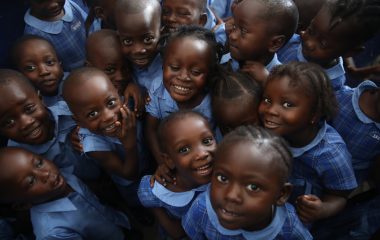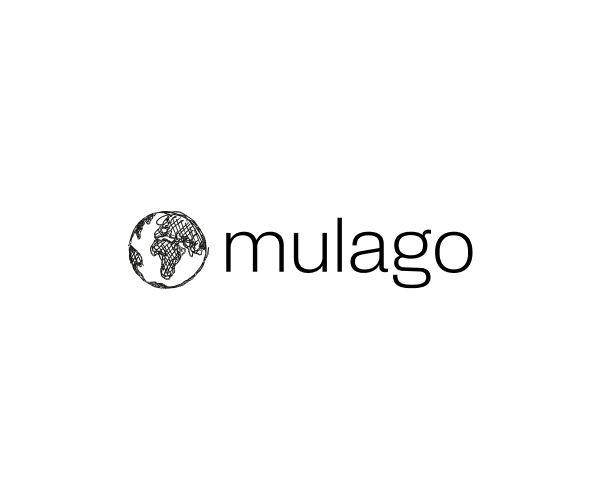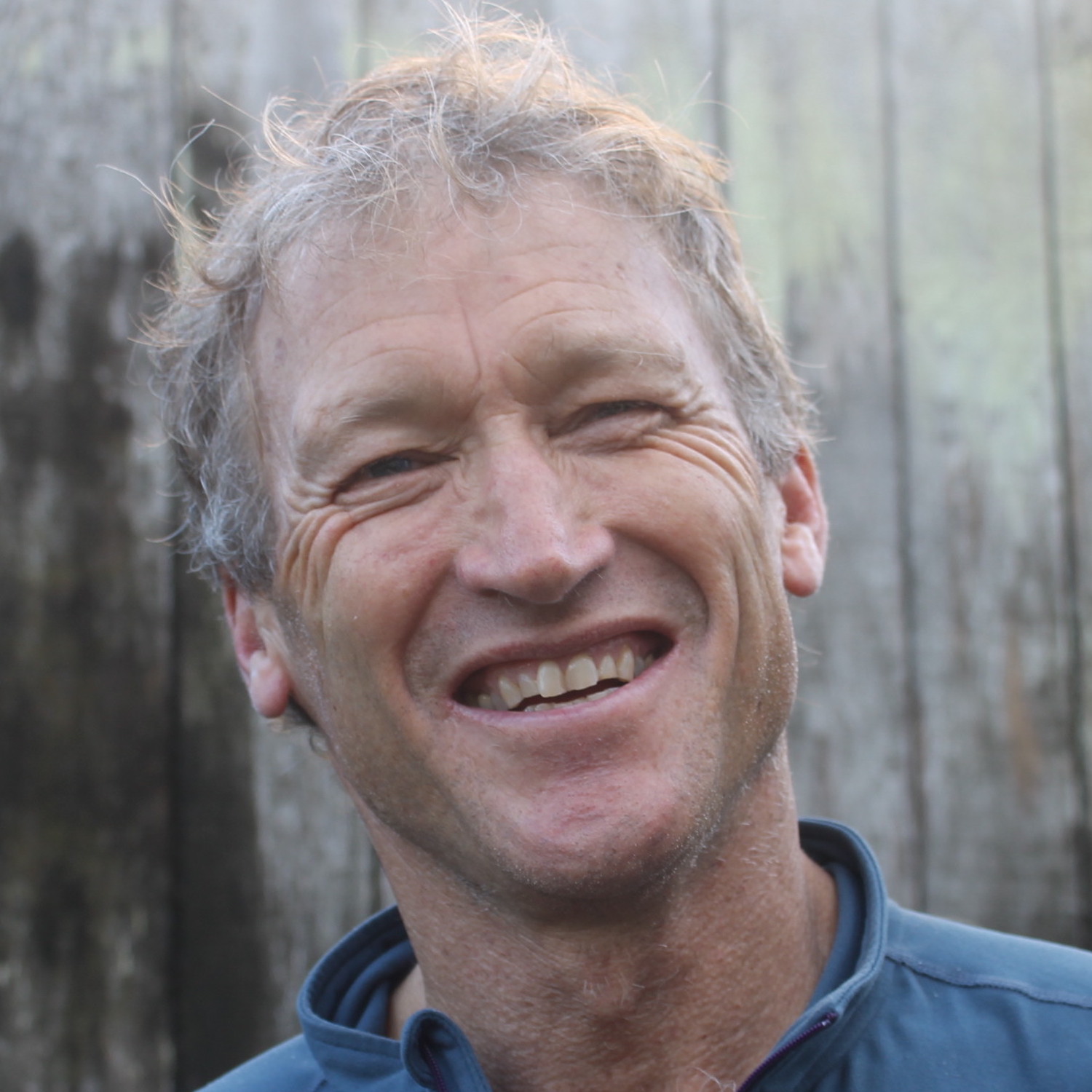A Big Problem, a Small Experiment, and a Lot of Noise
Liberia’s leaders are trying to jump-start their schools. Give them a break.


This article was originally published by Stanford Social Innovation Review on April 8th, 2016 with the headline: A Big Problem, a Small Experiment, and a Lot of Noise
Bridge International Academies has entered into an agreement with the Liberian government to manage 50 government primary schools for one year. It is a pilot program that, if it produces excellent results, could conceivably scale up to cover the entire country.
Bridge is an African education company that runs schools in settings of poverty— mostly in Kenya, mostly in slums—that cost parents about $6 a month per kid. Established in 2008 in Nairobi, Bridge is now the largest private provider of education in Africa. They open up in a new community every three days and will reach 110,000 kids this year. Their ability to provide a high-quality product at very low cost comes from four big things:
- The school buildings are very simple and cost about $2,800 per classroom.
- Teachers use tablets to deliver state-of-the-art, closely guided lessons and activities.
- There is an obsession with time-on-task: Teachers actively teach 8-plus hours daily.
- Management systems are extremely sophisticated, especially with regard to teacher behavior.
Montessori it is not. These are schools with an obsessive focus on the three R’s, along with stuff like English, national language, social studies, science, and moral reasoning. It seems to work: A recent Bridge white paper makes the case that two years in a Kenyan Bridge school is the equivalent of two and a half years in a government school (a third-party randomized control trial is pending), and a child at Bridge was 40 percent more likely to pass the Kenyan national primary exit exam than a child at another school in the same community.
Liberia’s education system is in shambles. Fully half the kids are out of school entirely, while the other half are in schools that are struggling. Liberia’s president and education minister visited Bridge schools in Kenya and Uganda, and came away impressed. The Liberian government and Bridge entered into discussions that led to a public-private partnership agreement for the 50-school pilot, which will be funded entirely by private philanthropy.
The Mulago Foundation has pledged a substantial chunk of that money. We were among the first to write a check to Bridge back in 2009—a $100,000 loan at no interest, long since paid back. We were delighted to see Bridge’s progress and results; we only wished they could somehow serve families who couldn’t afford even six bucks a month. That’s why we wanted to explore the Liberian partnership: The government has a commitment to serve all its people, and even the poorest kids will get a Bridge-quality education for free.
So, idiot that I am, I was surprised by the shitstorm of protest that blew in last week. My favorite gust was from the UN Rapporteur on the Right to Education (huh?), who thundered that the agreement constitutes a “gross violation of the right to education,” and “violates the Liberian government’s legal and moral obligations.”
Whoa, Mr. Rapporteur. Take a breath. It’s a 50-school pilot. That’s two percent of the country’s schools. Everything from the finances to school performance will be fully transparent. The parents of the kids in the pilot will be among those who will decide whether or not to take the program further. Read the damn MOU.
My favorite Obama quote is: “You can choose your opinions, but you can’t choose your facts.” I know we’re in a Trumpian sort of post-fact era, but I can’t help it, I still believe in them. Here are a few:
This is not “privatization” of education. These are government schools, with government teachers and government oversight. Bridge supplies the curriculum (adapted to Liberia’s specific needs) and management systems. This is about helping the public system deliver. Moreover, Bridge has readily agreed never to open a private school in Liberia.
Families won’t have to pay tuition. Anyone who has spent time in Africa knows that public education isn’t “free.” There are always school fees, uniform costs, and a bunch of hidden costs that include tips teachers sometimes demand to actually teach your kid. In every African country I go to, everyone – even small holder farmers – puts their kids in private schools if they can afford to do so. (I’m pretty sure that a lot of the critics of this pilot have their kids in private schools too.) Given parents’ enthusiasm, it would seem that Bridge tuition is a pretty good deal. Be that as it may, in Liberia—despite critics’ claims—there will be no tuition. Got that? It’s free.
This is not going to make anyone a bunch of money. This would be a very dumb move for a company concerned only about the bottom line. Liberia is too small for Bridge (4 million people) to achieve the economies of scale they’d need to make a decent profit. Their latest moves are into markets like Nigeria (150 million people) and India (a billion). Those of us providing free money for the pilot—philanthropy that will finance a government service—made sure that margins were not excessive, and that if the pilot goes no further than phase one, it won’t generate huge losses for the company.
A number of critics have pointed out that Bill Gates and Mark Zuckerberg have invested privately in Bridge, as though there is something sinister afoot. Um, that’s called impact investing, and it’s generally considered a very good thing. In the impact-investing world, Bridge is the poster child for high-impact enterprises that have gone big (there aren’t very many). It’s worth noting, though, that with more than 200,000 kid-years of high-quality education so far, Bridge has yet to make a profit. No matter how well it goes, the work in Liberia is not going to put them over the top.
It will serve a better product a lot faster, for a lot less. The Kenyan government spends $316 dollars per kid per year on primary education This public-private partnership is committed to the target cost of $80 per kid year if it scales big. Bridge has to hit both cost and performance targets. The cost targets are based on a requirement that civil service teachers keep their jobs at their current salaries; the savings doesn’t come from squeezing the teachers, but through smart investment and management. And despite the howls of protest, nobody else in the social sector has come forward with solutions to Liberia’s dire problem in anything close to the time frame required. I hope they’ll call us if they do. We like to fund great ideas delivered by highly competent organizations.
It’s easy—and often lazy—to be ideological, to slip into the warm tribal bath of “rights” and villains and idealized notions of what’s supposed to be. Yes, Mr. Rapporteur, as you say, “Provision of public education of good quality is a core function of the state,” but to what degree do you really believe that’s happening in Sub-Saharan Africa? Is it too much to ask that we try a careful experiment in a small country that we’ve all neglected? Those of us funding this partnership believe in the same basic human rights you do, and in this case, we are particularly devoted to helping the government provide the “public education of good quality” you so rightly care about.
I’ve got an idea, Mr. Rapporteur: Let’s go together to Liberia at the end of the 2017 school year and visit those 50 communities. We’ll ask the parents of those school kids what they think. We’ve got our opinions, but it’s theirs that matter, right? If they’re not happy—if they don’t think their kids got a good education in those government schools—then I’ll join up with you, and we’ll do everything we can to make sure that no expansion happens.
C’mon, it’ll be fun. And if we finish up early, I’ll take you surfing and you can tell me what the UN actually does.
Impact in your inbox
The best stuff we run into, straight to your inbox. Zero spam, promise. To see past issues, click here.


.png)
.webp)
